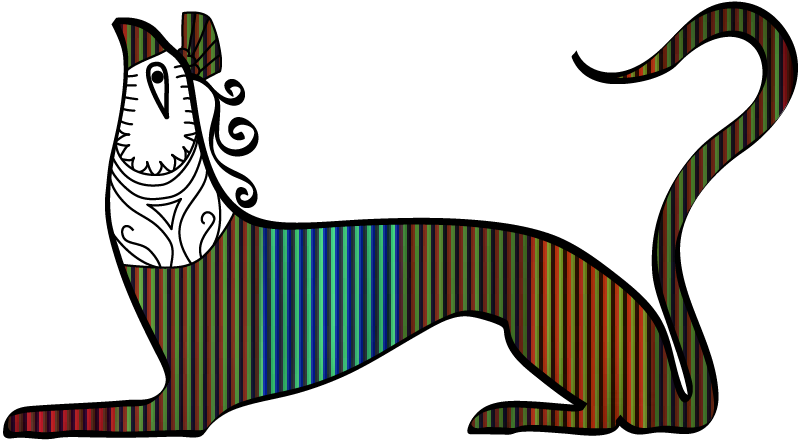BANEA 2019
On 5 December 2018 paper, poster, and session proposals are due for the 2019 Annual Conference of the British Association for Near Eastern Archaeology (BANEA 2019): Mind the Gap, to be held on 22-24 February 2019 at the University of Liverpool. Abstracts should be submitted to
• Domestic/settlement archaeology
• Working with old data sets
• Archaeology of death
• Archaeology of religion, rituals and temples
• The origins of sedentism
• Epipalaeolithic Near East
• Archaeological traditions, borders and gaps
• Conflict and heritage panel discussion
ASOR 2019
On 15 December 2018 proposals for new sessions and workshops are due for the 2019 Annual Meeting of the American Schools of Oriental Research (ASOR 2019), to be held San Diego, CA on 20-23 November 2019. The online system for paper proposals will be open from 15 January through 15 February 2019. Further information, including 2019 List of Approved Sessions and Workshops, is available at http://www.asor.org/am/2019-call-for-sessions/.
TAG Syracuse 2019
On 15 January 2019 session proposals are due for the Theoretical Archaeology Group (TAG Syracuse 2019): Slow Archaeology, to be held at Syracuse University, New York on 3-5 May 2019. On 1 March 2019 paper proposals are due. Further information, including already accepted conference sessions, is available at http://tag2019.maxwell.syr.edu/.
EMAC 2019
On 15 January 2019 abstracts are due for presentations at the 15th European Meeting on Ancient Ceramics (EMAC 2019), to be held on 16-18 September 2019 in Barcelona, Spain; on 8 September PDF poster submissions are due. Further information is available at http://www.ub.edu/emac2019/. Topics will include:
• Development of new methods and techniques
• Chronology and dating
• Provenance and networks
• Applied decorations
• Technical ceramics
• Ceramics as building materials
• Vessel function and vessel use
• Production centres and raw material studies
• Alteration and conservation
• Experimental studies and ethnoarchaeology
• Statistics and databases in ancient ceramic studies: papers in honour of Mike Baxter
Unlocking Sacred Landscapes: Digital Humanities and Ritual Space
On 31 January 2019 manuscripts are due for a topical issue of Open Archaeology on Unlocking Sacred Landscapes: Digital Humanities and Ritual Space, which will focus on digital approaches both to ritual space and to artefacts relating to ritual practice and cult. Further information is available at https://www.degruyter.com/page/1857?fbclid=IwAR3DsADrY3k_fL8w876V4woYJ6zrGZC9fNVBVwtvlJiWbGKQ_df6kkFv-7U. Contributions will be particularly welcomed that are archaeological, art-historical, anthropological, ethnographic, historical, computational, cultural heritage, or inter-disciplinary in their approaches, with a strong methodological focus on computational developments, digitisation processes, and spatial analysis dealing with:
• Inter- and intra-site Geographic Information System (GIS) approaches and spatial statistics and modelling of ritual space and/or its associated material assemblages
• Digitisation and virtual reconstruction of ritual space and/or its associated material assemblages
• Remote sensing\aerial\satellite approaches to ritual space
• Other computational methods and developments (e.g. space syntax and 3D modelling) applied to ritual space and/or its associated material assemblages
• Digital approaches to culture heritage management and culture heritage studies of ritual space and/or its associated material assemblages,
• Digital approaches to phenomenological, performative and experiential analyses related to ritual space and/or its associated material assemblages
7th Young Researchers’ Conference in Aegean Archaeology
On 1 March 2019 abstracts (in English, maximum 250 words) are due for the Sympozjum Egejskie. 7th Young Researchers’ Conference in Aegean Archaeology, to be held on 6-7 June 2019 by the Department of Aegean Archaeology, Institute of Archaeology, University of Warsaw. Proposals are invited from early career researchers on all themes (e.g. art, crafts, everyday life; social, funerary, political landscapes; long-distance relations, Aegeans overseas, influence on other cultures; etc.) related to Aegean Archaeology, i.e. Aegean areas and cultures in the Bronze Age, also in a broader context (new methods, approaches, and technologies applied to the research; new technologies in data, research, site management; etc.). Proposals should be sent to the Department of Aegean Archaeology, Institute of Archaeology at

